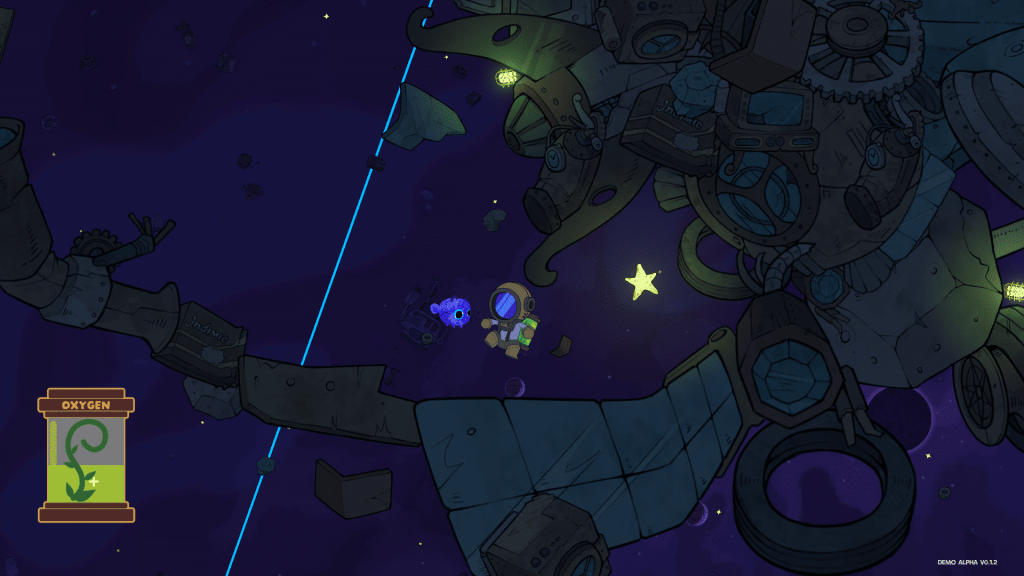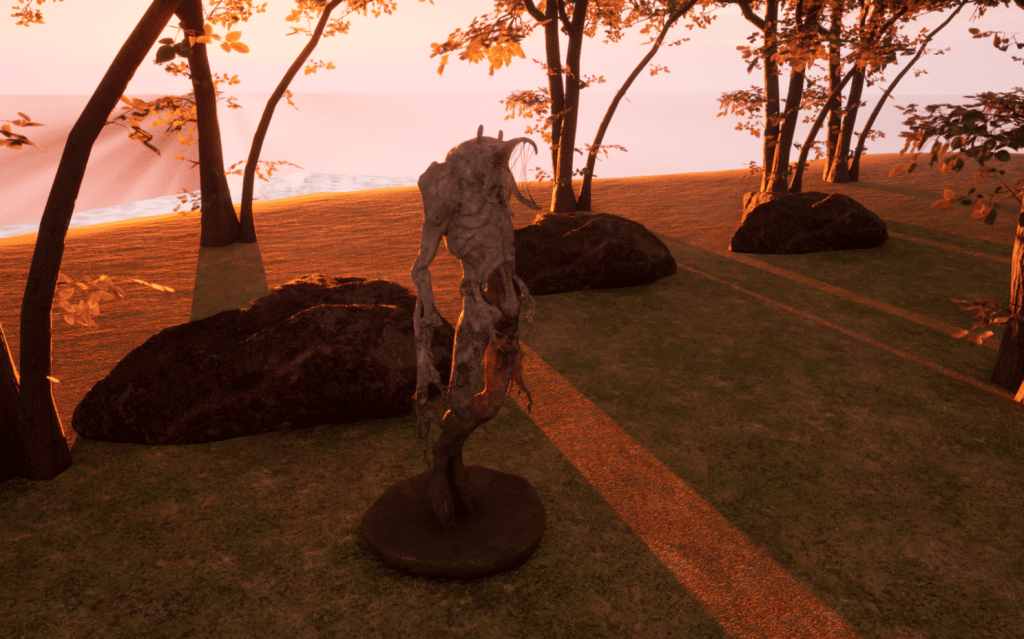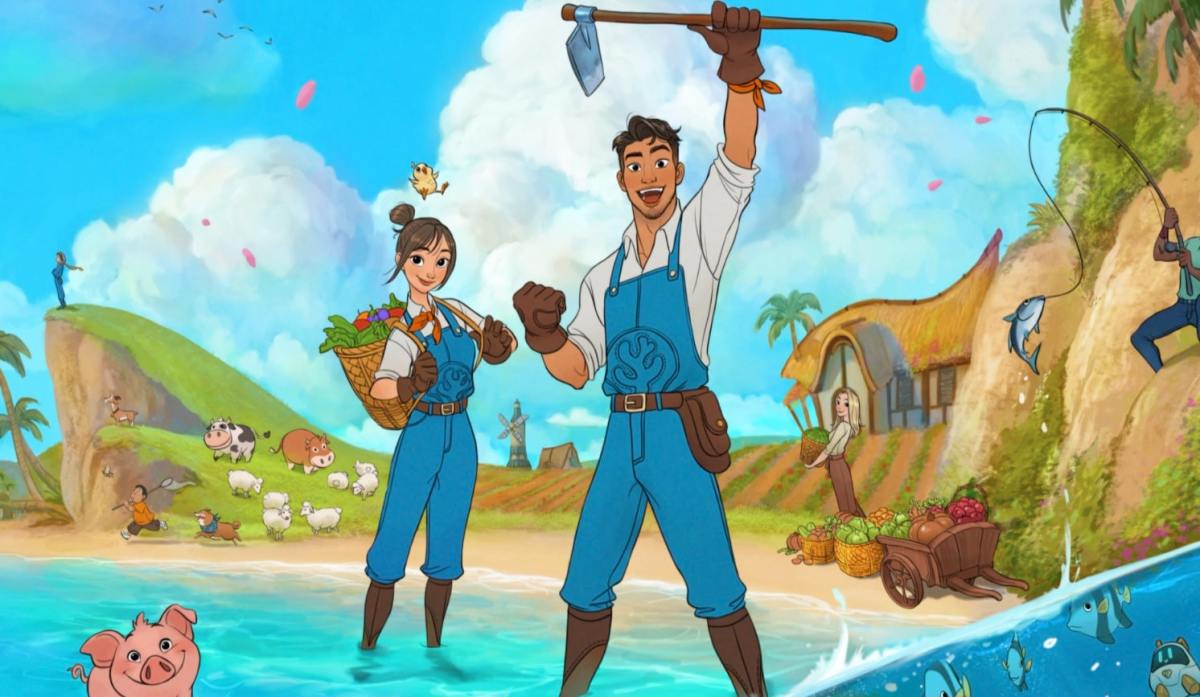Farming simulation games have been my hyper-fixation ever since I first picked up the original Harvest Moon: Back to Nature for the PlayStation. There’s something so serene about building your own cute little farm, growing produce and building relationships with your townsfolk.
In 2024, I came across Coral Island by Indonesian developer Stairway Games – which, for all intents and purposes, scratched that farming itch for me. However as I began exploring my farmland, I started to find masses of ‘stuff’ all over the ground. It wasn’t the usual rock, tree stump or clump of weeds, and it was only after my character picked it up that I realised – oh, it’s trash.
The Coral Island in-game description for trash is: ‘A blend of organic and inorganic waste. Can be used to craft or be recycled into useful resources’. What seems at first like an annoyance to clear, is actually really useful in early stages of the game to craft makeshift items. Later on, there’s also a recycling machine that takes your trash and produces another valuable resource: scrap.
We’re used to games spiriting us away to a fantasy world or presenting idealised versions of real life. But there’s a growing movement amongst Southeast Asian indie developers to instead use games as a means to highlight some of the problems (and possible solutions) that we face day-to-day.
Read: Sony pledges to eliminate environmental footprint by 2040
“[A] recent study that found 70-80% of the total population are aware of environmental issues, however, only about 2% really understands the severity and actively taking actions,” says El Lim, Founder and Head Developer of Indonesian studio Khayalan Arts, when asked about the level of environmental awareness in his home country.
Khayalan Arts is a studio that promotes eco-friendly, cultural and positive social values via their interactive storytelling. SAMUDRA, their award-winning title, is a deep sea journey that calls attention to Indonesia’s ocean pollution. According to El, at least 64 million tonnes of trash per year end up in their waters.
“We collaborate with local NGOs all year round in various creative campaigns or organising clean-ups. [We] are actively part of an environmentalist collective (Pawai Bebas Plastik) that holds a growing anti-plastic pollution movement every year in July,” continues El.
“One of my proudest moments was in 2019 when the governor passed the petition for Jakarta plastic bag bans (in retail sectors) – a direct result from the campaign. It’s still a small step but one that we truly needed as a country at the time,”
Khaylan Arts is currently working on their next title, I NEED SPACE. Conceived during the height of Covid-19, El and his team have built the concept of a pandemic around an entire galaxy and weaved in the theme of climate change, expressed through having the player revitalise planets.

Social impact can take a variety of forms, even through the cultivation of our own little digital garden. Plantabi: Little Garden by Filipino solo developer, Adrian Corpuz, is a chill sandbox game about looking after plants in an urban landscape. It’s extremely cosy but above all, reminds us city-dwellers that surrounding ourselves with greenery has never been more important.
“My game suggests that having nature around, even if it’s just a small potted plant, can have an effect on one’s health – not just physically, but mentally as well,” says Adrian.
Changing the game in Southeast Asia
As social impact continues to play a role in video games, events and game jams revolving around these themes are starting to crop up. YSEALI Game Changers is one such initiative in 2023, made through a collaborative venture between social enterprise Biji-biji Initiative and the US Embassy of Kuala Lumpur.
“The inspiration for the conception of YSEALI Game Changers and [our previous event] Games Bagus, stemmed from our observation of the significant increase in youth engagement with digital media, particularly video games, due to the pandemic, says Stephanie Kee, Project Director of Biji-biji Initiative.
“At Biji-biji Initiative, our mission has always been to drive sustainable development and social impact through technology and education. We recognized the immense potential of harnessing this increased interest in video games to empower youths to drive social change,”
A first of its kind event, YSEALI Game Changers created the opportunity for participants from all across the Southeast Asian region to explore social issues, connect with industry experts and gain cross-cultural perspectives. The program culminated in a four-day workshop and game jam that produced 13 games. The top three teams received seed funding and underwent a 3-month mentorship with the program.
One of the winners is Bub Pop, a game made by participants from Vietnam and Cambodia. This children’s mobile game teaches the effects of pollution on marine animals through the popping of bubbles to save dolphins and fish from plastic waste. With a localised map that showcases the waters of Cambodia, Vietnam and Malaysia, the game aims to instil a sense of responsibility towards environmental protection amongst the region’s younger generation.
Another game called Voice from The Forest by Laos and Thai developers, Team MITAPARB, is a survival horror game focused on the issue of deforestation. In this game, players will need to cut down trees to obtain resources; however the more that is cut down, the more the forest and its strange entities fight back.

Biji-biji Initiative is in the process of organising a similar program in 2024, albeit at a smaller scale. While there’s still a lot of interest from the community to participate in another chapter of Game Changers, the team hopes to rally the wider gaming industry to play a part in this.
“We’re always on the lookout for partners who can support this program,” shares Stephanie.
“I believe for the program and network to sustain, we need more support (not just funding) from the games industry, and to see social impact games as a good opportunity to connect with the community of games consumers,”
For those interested in finding out more about social impact games in Southeast Asia, you can join the YSEALI Game Changers Discord here.





